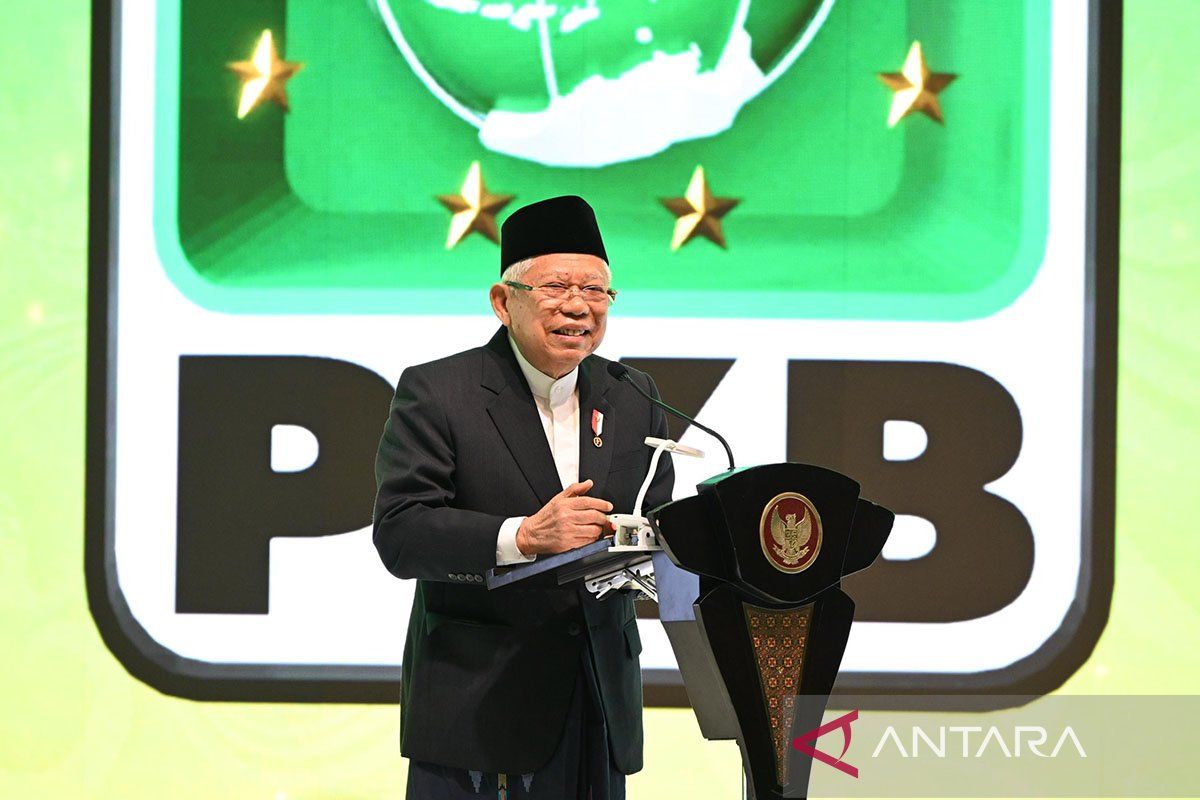Vice President of Indonesia, KH Ma'ruf Amin, delivered a powerful message on the essence of Islam during the closing ceremony of the PKB Muktamar in Bali. He emphasized the fundamental principle of freedom of faith, asserting that Islam is not a religion that can be imposed on anyone.
In his speech, Ma'ruf Amin asserted, "The wars waged by the Prophet Muhammad were not to force people into Islam. It's wrong to compel someone to embrace Islam, for there is no compulsion in religion. Faith must be embraced willingly."
He further elaborated on this crucial point by stating that if Allah, or God, wanted to force everyone to believe, he absolutely could. However, he chooses not to do so.
"If Allah wanted to, He could make everyone on earth a believer. But He doesn't force anyone. It's the same as how we can't choose who we are born to or what we look like," he stated.
The PKB Chairman of the Syura Council used the analogy of birth and physical attributes to illustrate this point further. He posed a rhetorical question: "Can we choose who our parents are? No one can choose that. If we could, everyone would want to be the child of a president, wouldn't they?
"Similarly, we can't choose how we look. We can't choose to be beautiful or ugly, black or white, have a prominent nose or a flat nose. If we could, everyone would choose to be beautiful. But we can't choose these things," he concluded.
Ma'ruf Amin's message resonates with the core principles of Islam and its emphasis on individual choice and free will. His words serve as a reminder that faith is a personal journey, not a forced conversion. The analogy of birth and physical attributes beautifully illustrates the inherent right of every individual to choose their path in life, including their spiritual journey.
This message of freedom and individual choice is not only relevant to Islam but to all religions and beliefs. It reinforces the idea that religious practice should be based on personal conviction and understanding, not on societal pressure or coercion.
As we move forward in a world marked by increasing religious diversity, Ma'ruf Amin's message serves as a valuable reminder of the importance of respecting individual choices and fostering environments where faith is freely practiced based on personal conviction.

